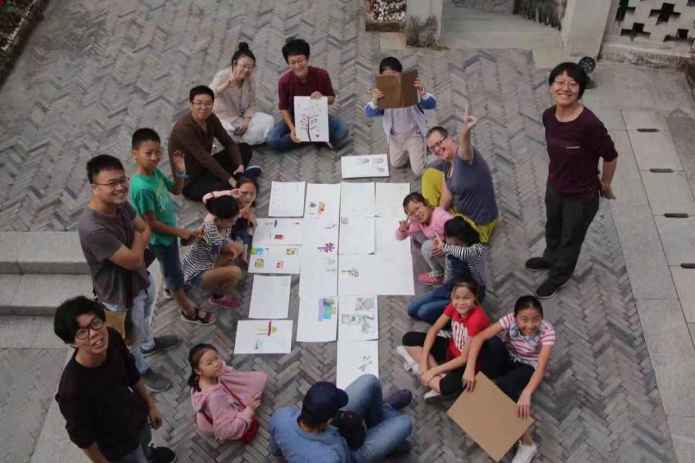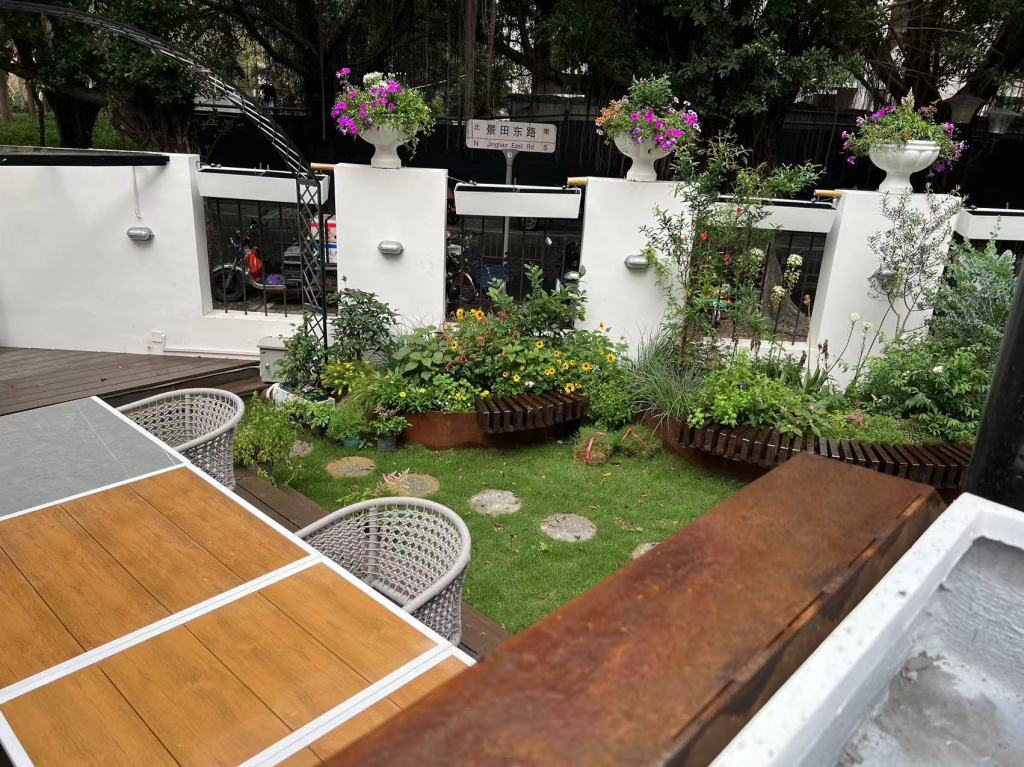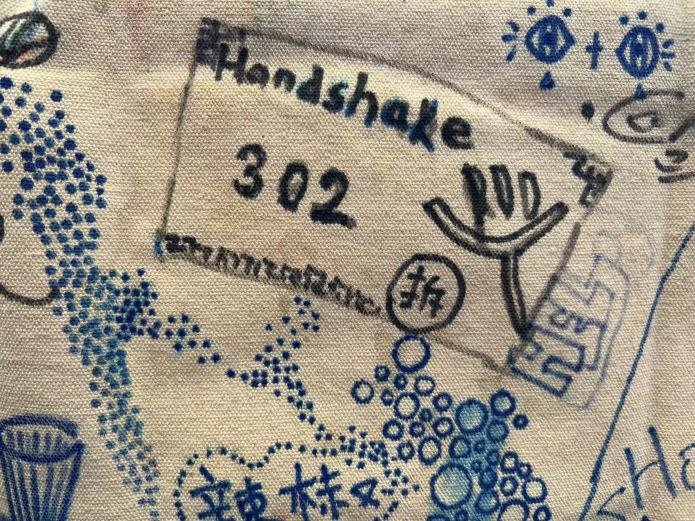Last weekend (April 1-2), Handshake 302 set up a stand at the T-Street craft fair. We brought ten years of memories, including original bags that had been repurposed from the 2017 UABB Longhua (Dalang) venue installation “Story of Rice,” teeshirts from “Urban Flesh and Bones,” our series of walking tours, and “Mahjong Parlor,” or “exhibition in the palm of your hand.”
The stalls are lined up in the center of the pedestrian walks in the northern and southern sections of OCT Loft, allowing visitors to browse stalls, stop for a snack or settle into an alfresco coffee shop, where one can rest and watch the different people. Following the side roads a bit further into OCT brings visitors to interesting galleries like Feidi and Dade, or to Ecological Park where many art installations from previous sculpture biennales continue to entice new audiences.
Continue reading →













